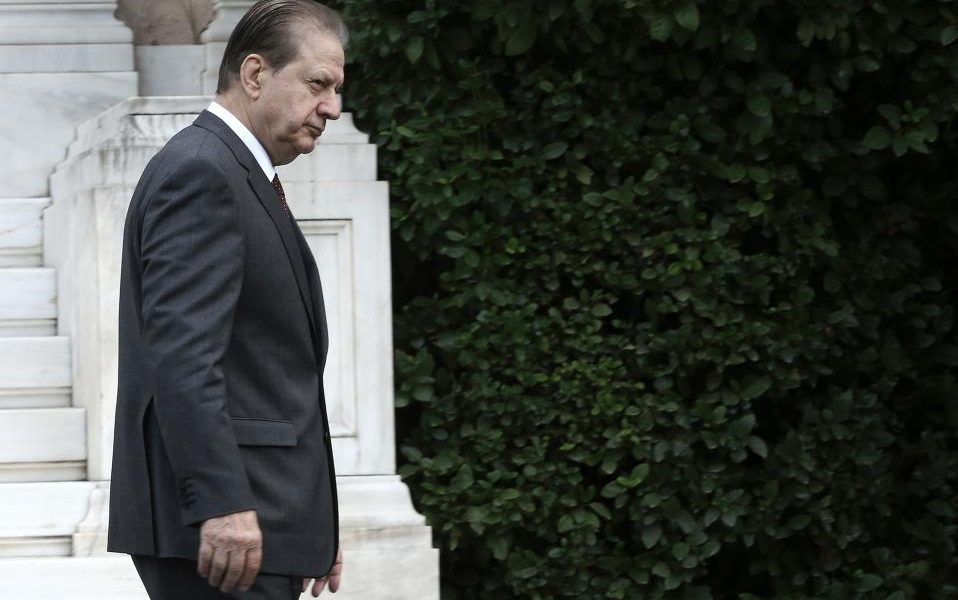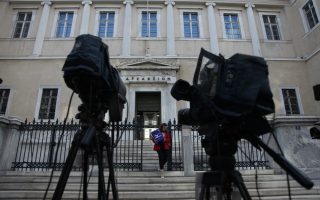A non-issue is becoming a big issue

The function of independent regulatory authorities is entirely political. They are not like scientific associations or stamp collectors’ clubs. With the decisions they take and the overall positions they adopt, they play an instrumental role in the country’s sociopolitical life, but their biggest disadvantage is that they are made up of members who are appointed (on the recommendation of political parties) rather than elected.
With fluctuations in jurisdiction depending on the whims of whatever politicians were in power at any given time, the National Broadcasting Council (ESR) has been around since November 1989. It is exactly as old as the television broadcasting mess in Greece, which the Council of State described in 2010 as being in violation of the principles of a law-abiding state and damaging to the public interest. And it is damaging not just financially but foremost in terms of morals and values.
Excluding people whose job it is to follow developments in the media, there are probably not that many people who can name the ESR’s first president off the top off their head (administrative law professor Prodromos Dagtoglou) or its last one (former Supreme Court vice president Ioannis Laskaridis, who governed the agency until it was disbanded 13 months ago).
This memory vacuum is not necessarily a bad thing. If the heads of such institutional agencies choose not to be political in the sense of affiliating themselves with a specific party, and if they have no ambition to invest in the authority they have been given in order to build a political career and instead choose to simply do the job assigned to them, then it comes as no surprise that they go unnoticed. Recognizability is not acheived with a quiet life.
Now Vyron Polydoras has no such problem, even though few may remember the name of the political party he founded in February (for the record, Union for the Homeland and the People). In his case, failure in a succession of posts has simply added to his recognizability. His numerous verbal gaffes give the image not of literary prowess, as he would say, but of a certain right-wing proclivity. And it is precisely because of this that his selection (later withdrawn) as head of the ESR did not represent a mark against the New Democracy party, as those who chose him assumed, but against SYRIZA itself. If the snap elections of January 2015 were prompted by the election for a new president, then today they may be forced by the issue of the new ESR president.





